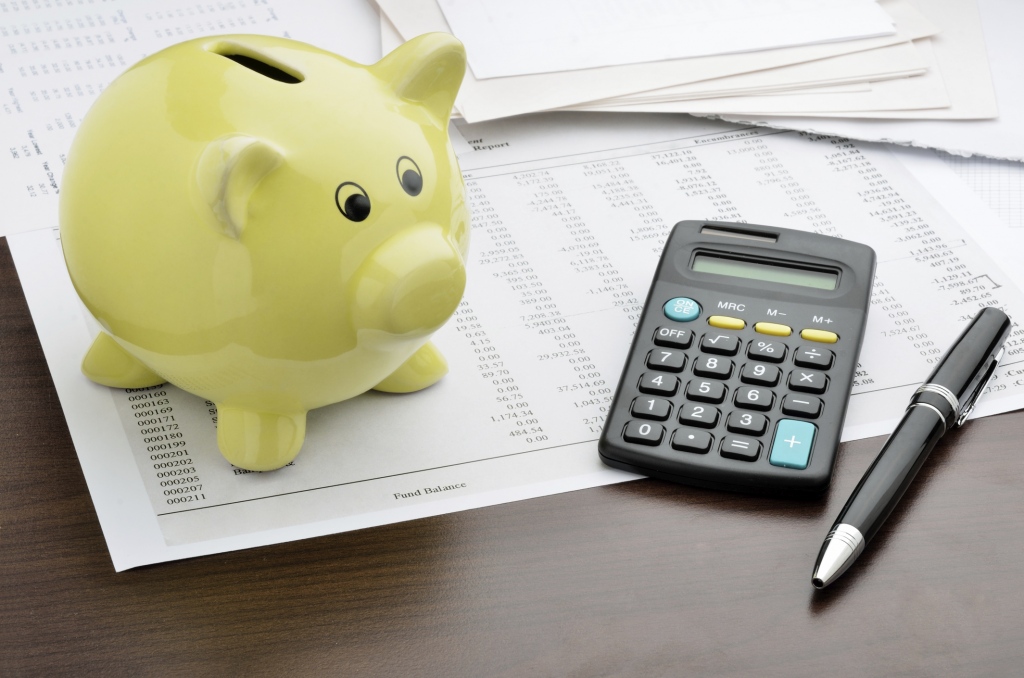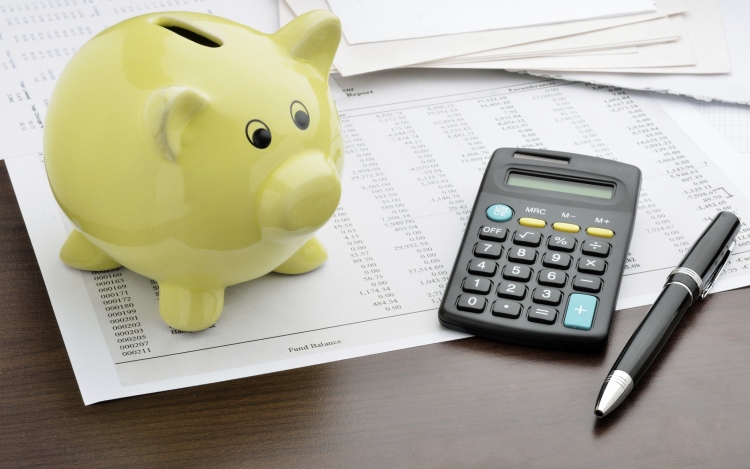There you sit, having spent several hours working on a household budget. You’ve taken meticulous care to make sure that you’ve factored in every possible monthly expense, even to the point of nailing down realistic figures for things like groceries and gas. It took you a while, but you finally wrestled this many-headed hydra into submission, and worked out a good balance between income and expenses. It’ll be a tight fit, but you’ve managed to put together a plan that allows you all to live in the manner you’re accustomed to, while still meeting all of your financial obligations. Life is good.
One minute later, your kid walks into the house, looking remorseful and shame-faced, and mentions that the car got involved in a rather nasty fender-bender. It still runs, but it’ll need body work.
From the other room, the cat is making ominous coughing sounds, and your spouse suggests scheduling a vet visit just as a precaution.
As you sit there and wonder how things could possibly get any worse, Fate points and laughs at you, and sends a small meteor crashing through your roof.
Ah, unexpected events. They make life interesting, in that Chinese curse kind of way. But how do you plan and budget for events whose severity you can’t foresee, let alone figuring out their likelihood of happening in the first place?
Here’s some thoughts on budgeting for unexpected events.
What Qualifies As An Unexpected Event?
Here’s a small list of things that fall under “unexpected”. Unfortunately, it’s not a complete list.
- Car Repairs
- Medical Expenses (emergency room visit, busting a tooth, etc.)
- Losing Your Job
- Breakdown of a Major Appliance
- A Sudden Unscheduled Trip (like an out of state funeral for a family member)
- School/Activity Fees (usually for activities that your kid has decided out of the blue at the last minute that they want to participate in)
Insurance
Insurance is one of those things you pay for yet fervently hope and pray that you never have to use. If you have a car loan or a mortgage, you are required by law to have car and home insurance respectively. Most people also have some form of health insurance, but there are a lot of optional types of insurance you may want to budget for. For instance, there’s dental health insurance, because a cracked tooth is just a single bad bite away. If you have pets, consider getting pet health insurance. Yes, it’s another expense, but if your pets are like family, you want to make sure they have coverage. It certainly beats the “we can’t afford to treat the dog, so we better put her down” option.

Personal Savings
Prices seem to increase at a faster rate than pay raises, so let’s not kid ourselves that saving money is an easy thing to do today. Some experts even say that you should sock away at least nine months’ worth of your pay for emergencies! Wow, it must be nice to live in a reality-free zone, eh?
But even putting aside twenty dollars of a bi-weekly paycheck will add up. You just may have enough on-hand for taking care of those annoying unplanned for small expenses. Take a good look at your budget and see if there’s any nickel and diming that can be removed. Or better yet, when you get a raise, sock that increase away into savings, and keep living off your pre-raise pay, as if you never received a raise in the first place.
Short-Term Accounts
Call this a subset of savings. Some banks offer you the chance to set up short-term savings accounts for specific purposes, such as vacation funds, or the old Christmas Club accounts (anyone remember those?). These accounts keep the money away from your casual use, but don’t offer much in terms of returns. And let’s face it; if there are two events that area a positive minefield of unexpected expenses, it’s vacations and the holidays.
Credit Cards?
Yes, this is not an ideal option; and in fact it should be the last resort. Credit card debt is awful and most of these financial institutions wish to suck your blood dry, and that of your children and grandchildren as well. But some of these crises are worse, so it’s in your best interest to have a credit card with a zero balance due on it, not use it for anything frivolous, and keep it on hand in case a crisis springs up. I’ve actually heard tell of a couple who had such a card, and they took it, wrapped it in water-proof plastic, and froze it in a small container of water so that it wasn’t within easy, casual reach.
It Comes Down To Striking A Balance
In a perfect world, we’d all have nice fat savings accounts that we’re regularly contributing hundreds of dollars a month to, because our expenses are so darned cheap. But then the drugs wear off and we realize that reality will not be so accommodating to us. So, it’s up to each household to strike a balance between paying out monthly expenses and putting aside even just a few dollars every payday.
The more you can save, the less likely you’ll find yourself in the red, and having to struggle with how to relieve the burden of debt. There’s no way we can plan for every eventuality, but a few modest measures are preferable to doing nothing.




